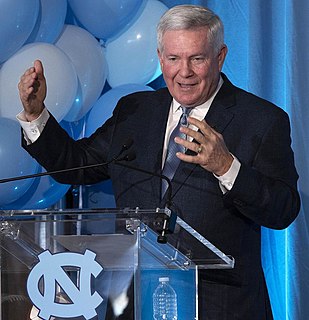A Quote by James Welch
I think ethnic and regional labels are insulting to writers and really put restrictions on them. People don't think your work is quite as universal.
Related Quotes
What we're trying to do as writers is rescue, preserve this space of thoughtfulness of language, of a deeper and more honest appreciation of our reality. And, so, we have to work even harder as writers against this tide of silliness, against this tide of superficiality, against this horrible Greek chorus on Twitter where everyone is insulting each other and now we have an insulter-in-chief, who's risen to the presidency by insulting people.
I think ultimately what you really want is a few people within any label that are into the band enough to really work on it every day for a long time and to actually try a little bit. But obviously, the major labels have more money to spend, so if they feel like spending it, they have bigger resources there when you need them. It doesn't always necessarily translate into them doing a better job for a band, but I think especially if you're playing the game of commercial radio and making videos and stuff like that, that's sort of an expensive proposition.
It was always about the future of writers, and about the way writers are treated in the future, and I think that was really hurtful to a lot of people in my position who had 160 people who depended on them to get this over with. So there was a lot of pain in it, and in that sense it will never be worth it, but I do think it was important.
You have to be prepared to give creative work 150%. I hear a lot of young people talking about life/work balance, which I think is great when you’re in your 30s. If you’re in your 20s and already talking about that, I don’t think you will achieve your goals. If you really want to build a powerful career, and make an impact, then you have to be prepared to put in blood, sweat, and tears.





































